Shadowy influences on Swiss democracy

Lack of transparency as regards the funding of parties and political campaigns: this is one of the few weak points where Switzerland is criticised.
“One doesn’t talk about money,” is a proverbial saying in this country. So it is hardly surprising that the nation has trouble with the issue of transparency of funding of parties and political campaigns. But there are more and more voices calling for change.
In January 2015 a report in the Handelszeitung business paper attracted considerable attention. For the first time, an opinion survey about contributions to political parties by big companies in Switzerland had been carried out and published.
It was something of a breakthrough, because until then powerful companies had preferred to stay quiet about their relations with political life.
This is an article in the series #DearDemocracy, the direct democracy platform of swissinfo.ch. Here contributors, including outside authors, give their views. The opinions expressed are not necessarily those of swissinfo.ch.
According to their own admission, these companies support political parties with contributions in the millions. In the case of many of the companies, like Nestlé and UBS, the contributions come with strings attached – parties on the receiving end need to follow a business-friendly economic policy. Others, like the Credit Suisse bank, support parties based on their strength.
No rules for this game
Can companies that enjoy financial muscle, and have great interest in favourable conditions for doing business, throw money into the political arena without restriction?
Yes, they can.
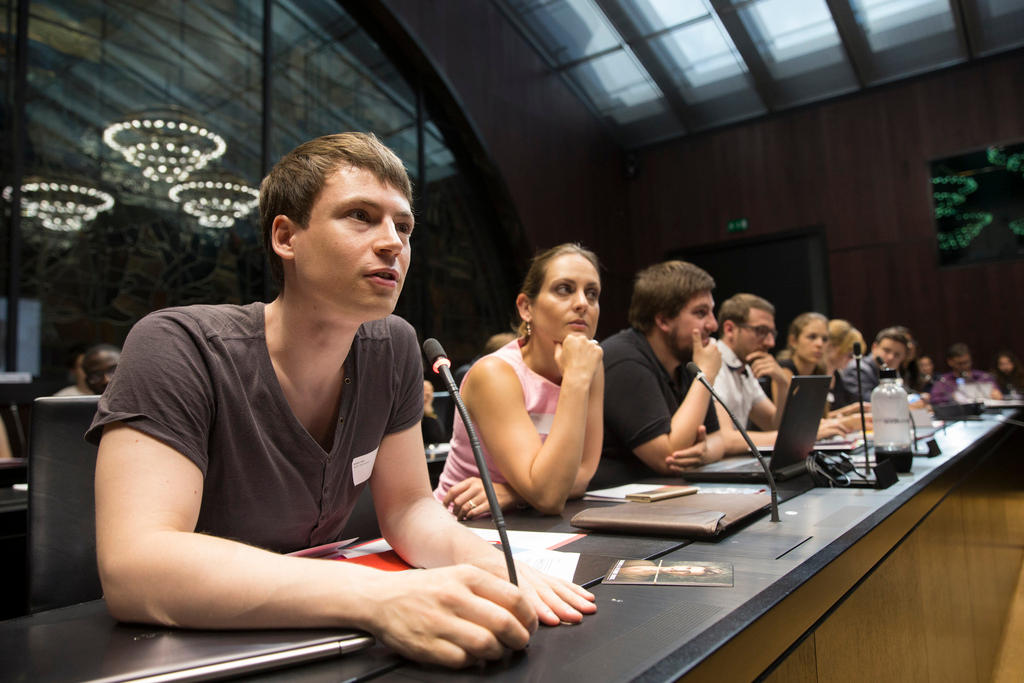
More
No Swiss state funding for political parties? Not so fast.
Powerful individuals, too, may donate as much as they like to parties, referendum committees, or particular politicians. And they may do so without having to declare it publicly. The only legislation on this matter affects government ministries and agencies. They are forbidden to use public monies to mount or finance political campaigns.
Is transparency needed in the matter of political financing? Is it useful to know who is having an effect on political decision-making, and how much money they are spending to do it?
Yes, say transparency advocates. They give two main reasons.
Money as determining factor
To begin with, they base their conviction on the living, direct democratic culture of the country. As a rule, four times a year there are widely varying topics to vote on – from the issue of whether cows’ horns need to be better protected to complex matters of corporate taxation.
Naturally there is a legitimate incentive for companies or individuals, if they are going to be significantly affected by the outcome of a particular vote, to get involved in that referendum campaign.
Hardly anyone would object to that. At the same time sociological studies show that large expenditures have the potential to affect the result decisively, especially in the case of questions where the yes and the no are not far apart in terms of support.
Although it can hardly be said that vote results can be bought, intensive and professionally run campaigns do have a strong effect on public opinion.
It must be noted, however, that all Swiss studies on this topic are based on fairly vague estimates and simplified models – precisely because there are no public data on funding of politics in this country.
Switzerland ranks first internationally as regards the number of popular votes held. But even with its world record of 620 national votes (as of 2017), model democracy Switzerland is far from perfect.
The author studied political science at the University of Zurich and runs a blog on political life in SwitzerlandExternal link (in German).
Democratic right to transparency
Secondly, transparency advocates argue, citizens of a republic have a right to know which persons are trying to influence political outcomes, and with what financial means.
Politics is a forum for the public, and the decisions which are made there affect every individual – sometimes more, sometimes less.
A large bank will hardly have just charitable motives for donating a million francs to this or that political party, but will expect some advantage in return for its corporate largesse.
If these dealings are not to be restricted or forbidden outright, full declaration is the very least that should be expected.
And even if the information does not interest many people, there will be critical citizens who are very interested in knowing about this kind of influence, and are likely to take the information into account when they make political decisions, whether it be at election or referendum time, the transparency advocates believe.
Feeling of unease
Looking at it from an outside perspective, one might expect the politicians themselves to have an interest in shedding light on these dark corners of Swiss democracy, as Lucerne law professor Martina Caroni remarked in an article in the Neue Zürcher ZeitungExternal link newspaper. “Even if the idea of politics being influenced by money can’t be proved, the very suspicion of venality eats away trust in the functioning of democracy,” she said.
So far parliament has doggedly rejected all calls about transparency put before it.
The stubbornness of the politicians in opposing any kind of openness creates the suspicion among ordinary people that the thesis that political power can be bought is not entirely without foundation.
This uneasiness has now led to a people’s initiative calling for money to be talked about at last in Switzerland – in political life at least.
In mid-October the transparency initiative was successfully organised by a non-partisan committee. This initiative calls for parties to publish their annual financial statements and income, and any donations of over CHF10,000 ($10,117) per person per year.
Both in the case of vote campaigns and national parliamentary elections, expenditures of over CHF100,000 would have to be declared.
Once the government and both houses of parliament have responded to this initiative, the people will have the final say on it.
The nationwide vote is likely to be scheduled sometime in 2019 – an election year.
Translated from German by Terence MacNamee

In compliance with the JTI standards
More: SWI swissinfo.ch certified by the Journalism Trust Initiative
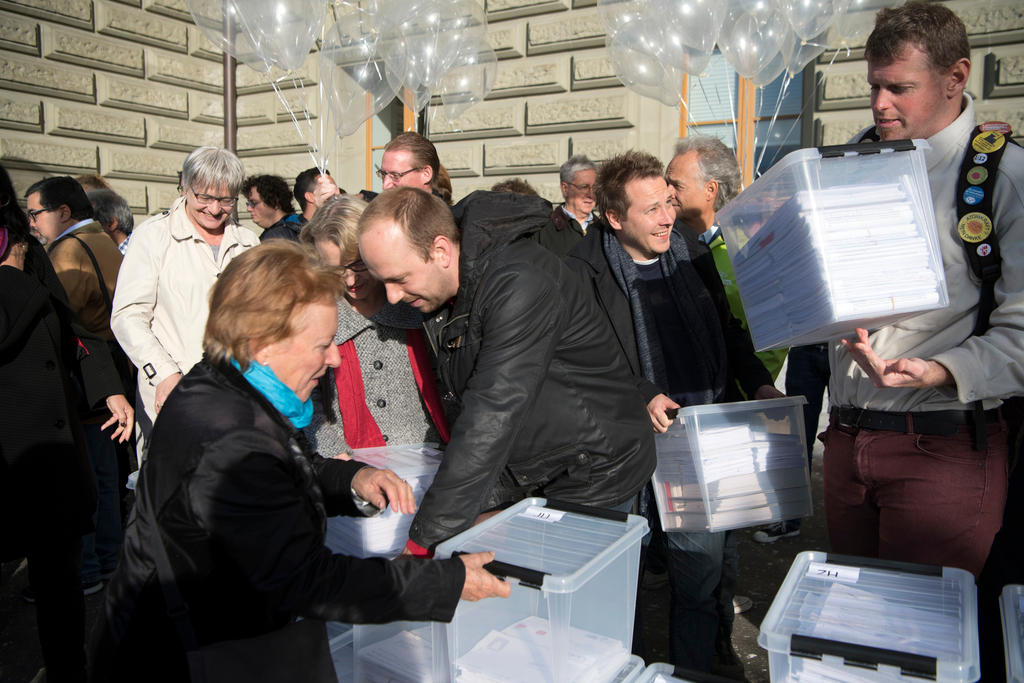
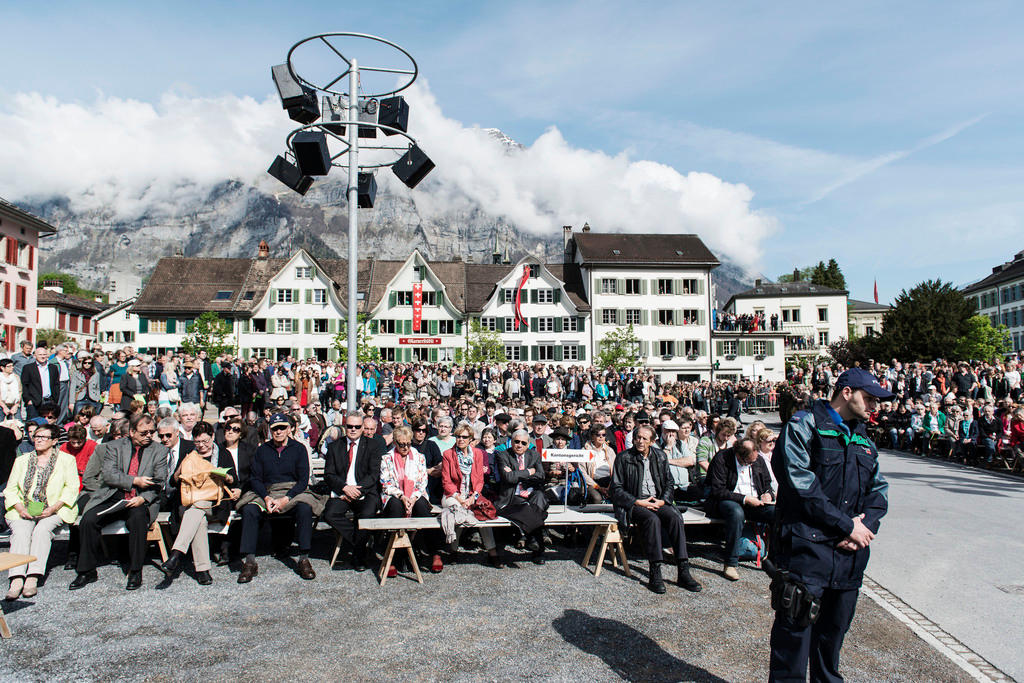
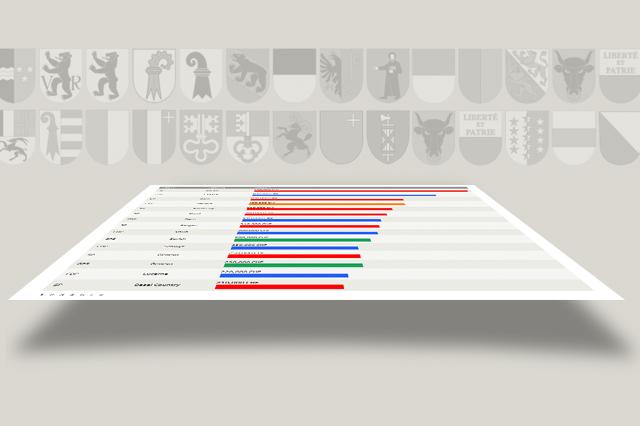
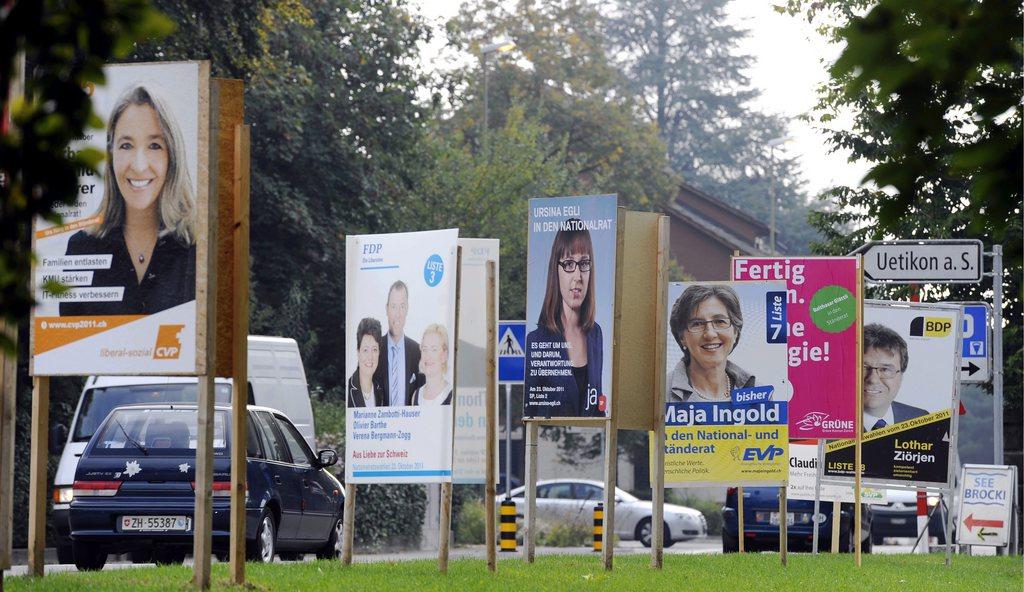
You can find an overview of ongoing debates with our journalists here. Please join us!
If you want to start a conversation about a topic raised in this article or want to report factual errors, email us at english@swissinfo.ch.